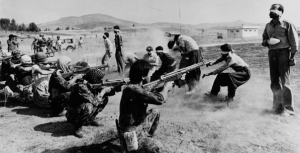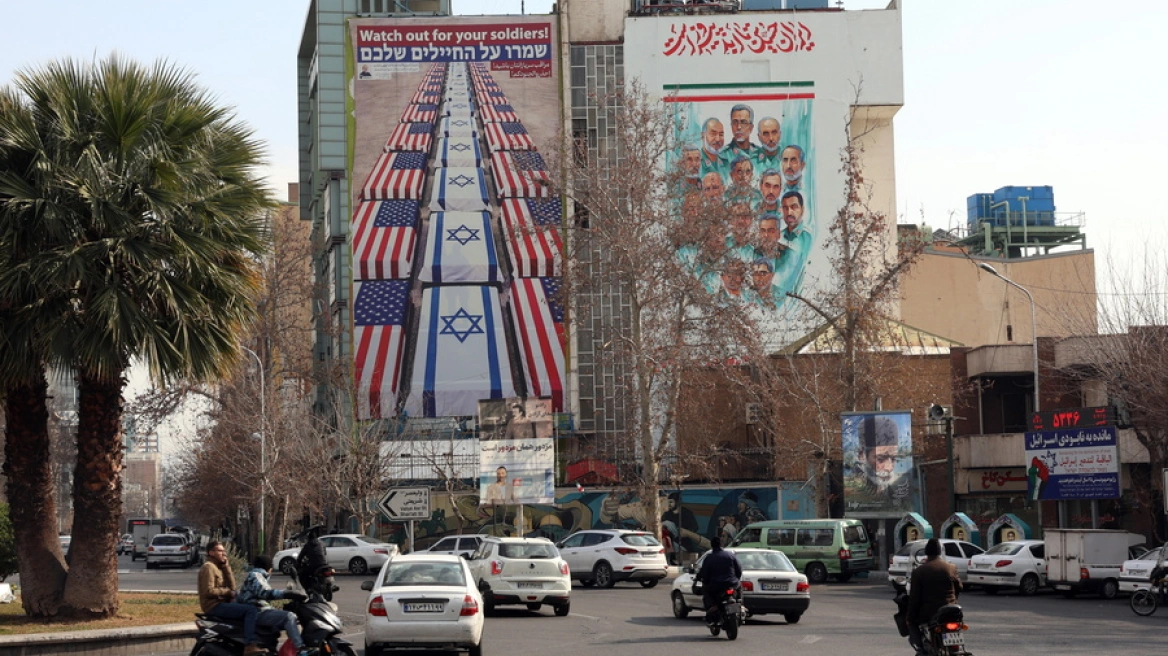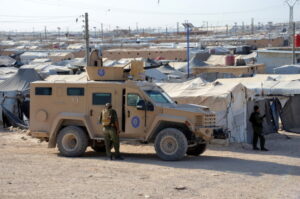On February 10, the Iranian regime officially celebrated the 40th anniversary of the day it seized power. The fundamentalist and Islamist party of Ayatollah Ruhollah Khomeini surprised the international community and the Iranian people when in 1979, it hijacked a revolution. The successful power-grab sent waves through global politics.
Although some people were aware of the intentions of the Islamist party, many underestimated the extent of its organizational skills and power. To harness both the trust and the loyalty of the people, Ayatollah Khomeini and his followers initially portrayed themselves as spiritual people who had no desire to rule the country. Many, including several political parties, also believed that, during a transitional period, the ruling mullahs would relinquish any power gained.
As the mullahs began to generate support, they sought to gain even more by reaching out to other social groups. Khomeini’s radical followers assured people of different faiths, such as Christians and Jews, that their safety and concerns would be a high priority once the new government was put into place. These often-neglected groups responded positively to those promises. When a delegation from the Jewish community visited the founder of the theocratic establishment before the revolution, Khomeini, assuring their safety, famously issued a fatwa stating:
“In the holy Qu’ran, Moses, salutations upon him and all his kin, has been mentioned more than any other prophet. Prophet Moses was a mere shepherd when he stood up to the might of pharaoh and destroyed him. Moses, the Speaker-to-Allah, represented pharaoh’s slaves, the downtrodden, the mostazafeen of his time. Moses would have nothing to do with these pharaoh-like Zionists who run Israel. And our Jews, the descendants of Moses, have nothing to do with them either. We recognize our Jews as separate from those godless, bloodsucking Zionists.”
Read more HERE
Ask me anything
Explore related questions





